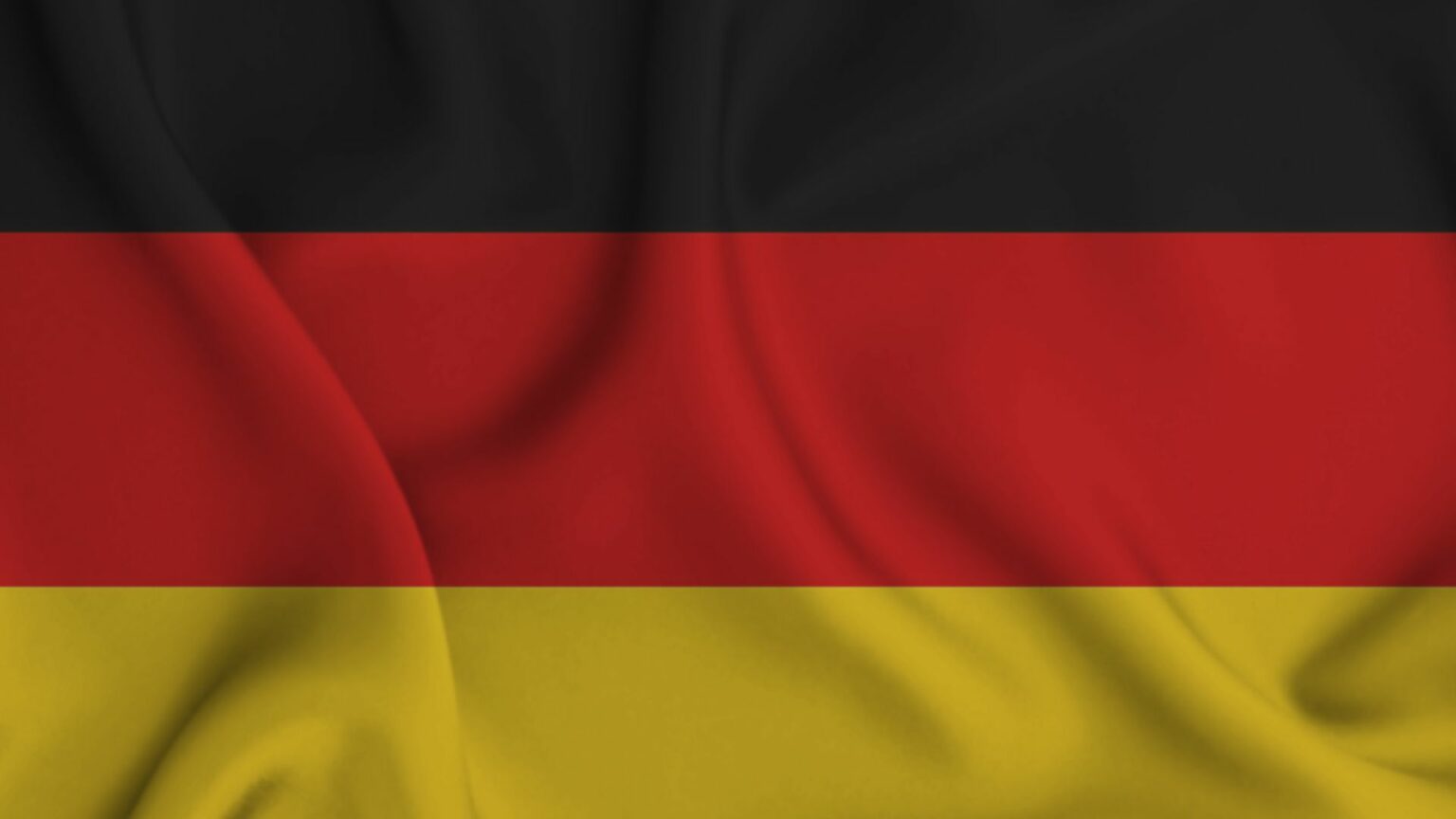Deutsche ReGas has successfully finished the front-end engineering design (FEED) phase for their upcoming hydrogen hub in Lubmin, Germany.
FEED stands for front-end engineering design. This phase involves the preliminary design and planning of a project. It includes detailed analysis and studies to ensure that the planned infrastructure will meet technical, economic, and regulatory requirements.
Hydrogen is considered a critical element in the transition to renewable energy. It can be used as a clean fuel for various applications, from transportation to electricity generation. Establishing a hydrogen hub means creating a central location where hydrogen can be produced, stored, and distributed efficiently.
Lubmin is strategically located and offers significant advantages for the hydrogen hub. It already has existing infrastructure that can be leveraged for the new project. This makes it an ideal location for such a significant development.
Following the completion of the FEED phase, Deutsche ReGas will move on to the detailed engineering and construction phases. These will involve more specific design work and the actual building of the hydrogen facilities. The end goal is to have a fully operational hydrogen hub that will contribute to Germany’s renewable energy goals.
